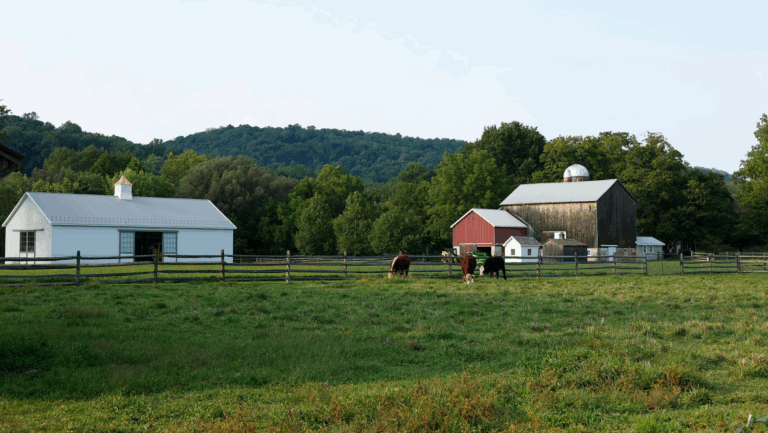Is Soil Testing Worth It?
Unlock the benefits of soil testing on your farm, including the IRS Section 180 deduction and more.
If you’re an agricultural landowner, chances are you’ve used soil testing to customize fertilization, optimize soil health, and maximize crop yields. But are there other cost-saving opportunities you might be missing?
In this article, we’ll break down all the benefits of soil testing so you can ensure you’re seizing the full scope of advantages when it comes to soil testing on your farm.
Benefits of Soil Testing
Cost Savings
Farmers who have purchased or inherited agricultural land in the past three years are eligible for a tax deduction under IRS Section 180. Under this deduction, farmers can deduct the value of their soil fertility as an input expense on their newly acquired land.
For most farmers, about 60 percent of expenses are deducted in the first year, 30 percent in the second year, and 10 percent in the third year.
Increased Yields
Soil testing combined with crop and fertilization management can increase yields significantly. After implementing soil health management, 85 percent of corn farmers and 88 percent of soybean farmers saw increased net income by an average of $52 per acre and $45 per acre for each respective commodity.
Healthy soil can also produce healthier livestock. “If livestock are eating higher quality forage, they are more likely to grow better and have an overall healthier lifestyle,” says Cameron Flowers, Managing Director for AgAmerica. “If the animal is healthier and happier, its meat is of better quality when it reaches the consumer.”
Increased Land Value
Soil testing often leads to healthier soil as farmers adjust their strategies to nurture their land. This not only helps increase crop yields, but also increases the value of the land itself. Appraisers evaluate agricultural land by analyzing historical yield records, considering the presence of current irrigation or the possibility of implementing new irrigation systems, and examining border features to understand their potential impact on soil quality and productivity. Healthier soil often results in high land valuation.
Regenerative Farming
The USDA has several programs designed to help farmers increase the health of their soil, like the Conservation Stewardship Program (CSP), Environmental Quality Incentives Program (EQIP), and more. Many programs include financial assistance. For farmers who haven’t recently purchased or inherited land, these regenerative farming programs can offer kickbacks for soil testing and soil management that the IRS Section 180 deduction can’t cover.
Required Documents for Soil Testing
Farmers who qualify for an IRS Section 180 deduction can choose to file for the deduction on their own or collaborate with an organization like AgAmerica’s partner to guide them through the steps and streamline the tax process.
Typically, farmers filing for the deduction are asked to provide:
- Land Acquisition Records: Records of the land acquisition transaction, including purchase agreements, deeds, or other legal documents that establish ownership.
- Ownership Change Documentation: If the land was acquired through exchange or inheritance, documentation that verifies the change in ownership and the relevant dates.
- Soil Analysis Report: A soil analysis report conducted by a qualified professional. The report should assess the residual fertility value of the soil at the time of land purchase.
- Receipts and Invoices for Cost of Consulting: If you consulted with experts, advisors, or consultants to determine the residual fertility value, provide receipts and invoices for their services as evidence of the associated costs.
- Correspondence with Experts, Advisors, or Consultants: Any correspondence or communication with professionals involved in the valuation process. This includes emails, letters, or notes that outline the methodology and findings related to the soil fertility valuation.
Partner with a Lender Who Knows Agriculture
With a singular focus on agribusiness finance, AgAmerica goes beyond the scope of traditional lenders to provide landowners with resources to mitigate risk, increase revenue, and achieve a more resilient financial future.
If you want to work with a lender who values relationship over transactions and is committed to your long-term success, contact us today to get started.






